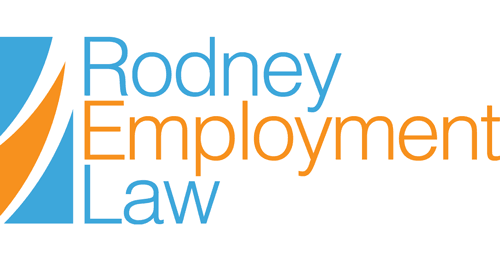With the summer months now upon us, many employers have brought on, or will look to hire summer interns. Some of these interns will be hired through a school program, where they fall under an exclusion outlined in section 3(5) of the Ontario Employment Standards Act, 2000 (ESA), specifically for students of a program approved by a college of applied arts and technology or a university. However, many “summer interns” do not fall under this exclusion and will still not be paid for the work they perform. Is this legal? The short answer is no.
There are many employers out there who are unclear around the laws governing student or “interns”. They believe they can hire a “summer intern” and not have to pay them for the work they perform.
Just last month, British MP Dominic Raab came under criticism for offering a six month part-time position, unpaid. Another example, looking back to 2013, was when Hootsuite was subject to a massive uproar once social media got hold of them hiring unpaid interns. The public backlash led to them offering back pay for any intern they had in the six months prior, but the damage had already been done to their reputation.
So whether it’s 2017, 2013, or any other year, unpaid internships have been a tricky issue. With the Ontario government’s recent announcement of new, proposed, legislation, The Fair Workplaces, Better Jobs Act 2017 , the internship issue will be coming under further scrutiny and will likely only get trickier for employers.
If you are an employer looking to hire a summer intern, you will first need to determine whether the individual is being hired through a university/college program. If they are not, they will likely not meet the ESA exclusion and it is, therefore, your legal obligation to provide them with fair compensation.
With the summer upon us, many employers have hired or are looking to hire “interns”. It is important to take a refresher of the legislation that pertains to these types of working relationships in Ontario.
As the Ministry of Labour’s website advises, the fact that someone is called an “intern” does not determine whether or not the person is entitled to the protections of the Employment Standards Act, 2000 (ESA). Ontario’s ESA states that all employees must be paid at least the Ontario minimum wage.
Under the ESA, a worker is either an “employee” or not an “employee” and only “employees” are covered under the ESA. An “employee” includes a person who receives training from an employer.
In general, most individuals performing work for another person or a company or other organization would be considered to be an “employee”, and therefore entitled to ESA rights such as minimum wage.
There are some exceptions under the ESA, but they are very limited. As noted, the title “intern” is not relevant. The intern will generally be considered to be an employee for purposes of the ESA, unless certain specific aspects apply. Hiring an Intern this Summer and want to learn more? Check out our original blog on Internships here.
There are a number of financial incentives available to employers who hire youth or students for the summer, or longer. Learn more here. JVS Toronto can also arrange for hiring incentives to Employers to help cover the cost of wages and training for new hires, ages 15-29 years of age, when they provide a job placement of four to six months. Learn more here.
The Bottom Line
Employers, we urge you to be mindful of the legal implications of hiring an “intern”. Employment legislation in Ontario (and the rest of Canada) is intended to protect workers from falling prey to schemes of free labour under the guise of “training”. The exclusions from ESA protection are limited and only intended for legitimate training programs designed to educate the intern.
If you are an employer contemplating the implementation of an internship program in your workplace, contact us to better understand the legal implications involved or any exceptions that may apply.
If you are someone performing work as part of an unpaid internship and unsure of whether the ESA exclusions apply to you, contact us to better understand your rights.
For more information on Internships under the ESA, check out the Ministry of Ontario’s publication on the issue.
Disclaimer: this post is intended for educational and non-commercial purposes only and is not intended to be a source of legal advice to any person in respect of any particular legal issue; it does not create a solicitor-client relationship with any readers. If you have a legal issue or possible legal issue, please contact us.
